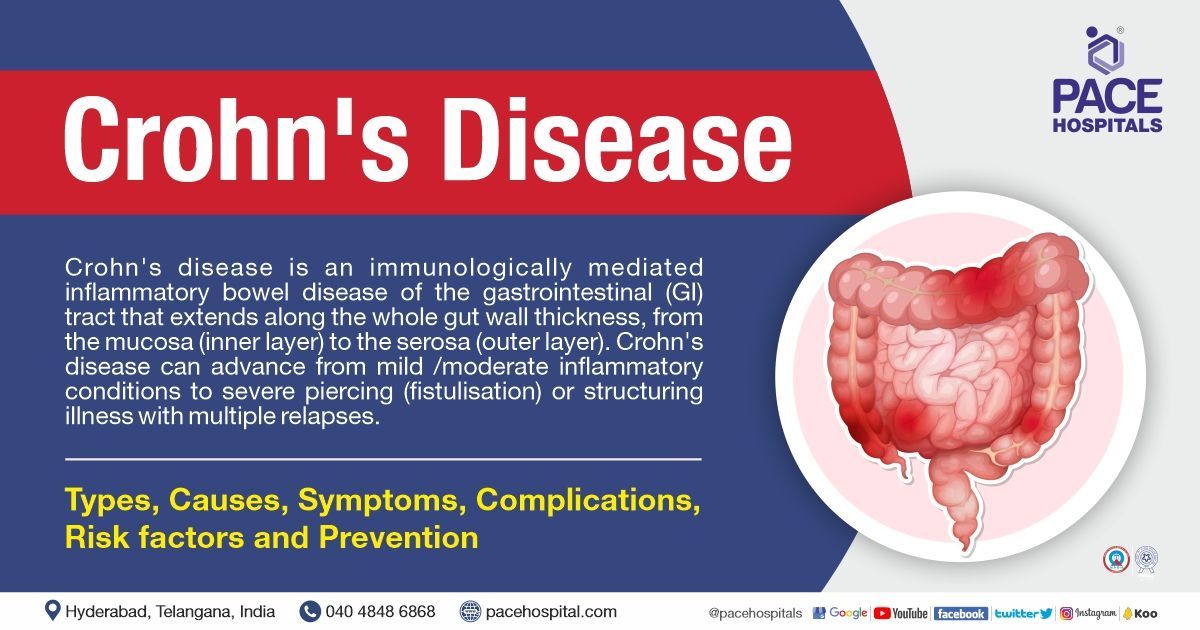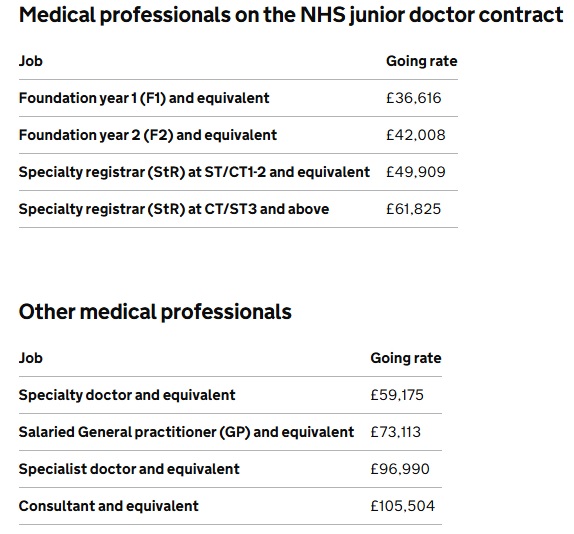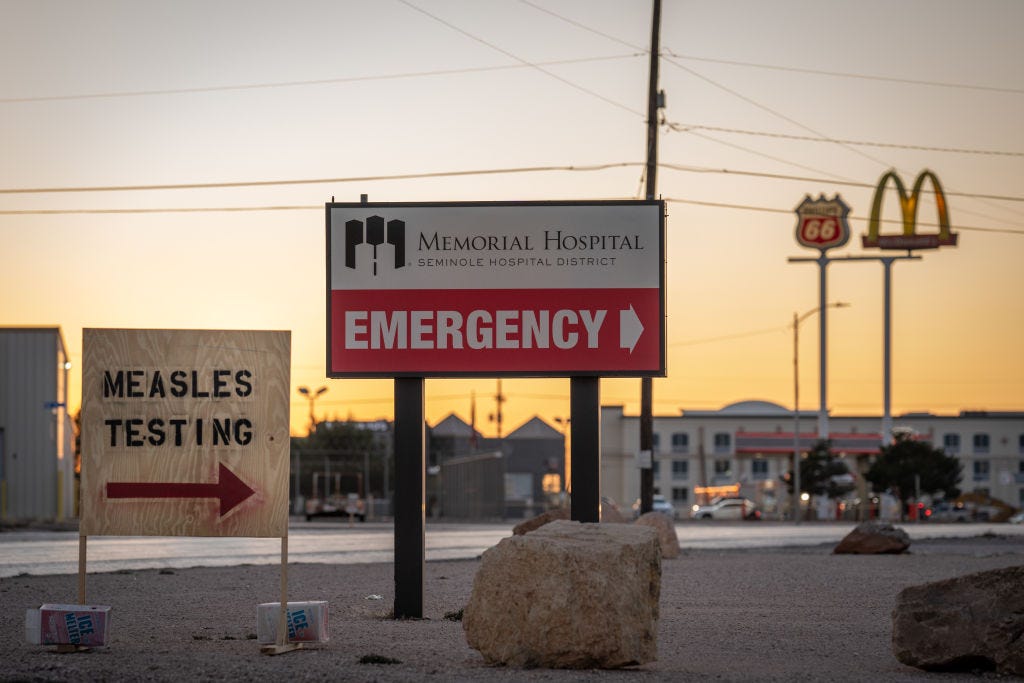
What Do Doctors Really Make?

Upcoming Strike by Resident Doctors in England
In a significant move, resident doctors in England are set to embark on a five-day strike later this month due to ongoing disputes over pay. The British Medical Association (BMA) has announced that the strike will commence at 7 am on 25 July and continue until 7 am on 30 July. With 90% of voting resident doctors supporting the strike action, the BMA has urged Health Secretary Wes Streeting to intervene promptly to prevent the disruption.
Reasons Behind the Strike
The primary contention revolves around the demand for a substantial pay increase. The BMA asserts that resident doctors require a pay uplift of 29.2% to rectify what they describe as “pay erosion” that has occurred since 2008/09. The union is calling on the government to provide a credible plan for pay restoration, suggesting that there is still time to negotiate a resolution before the planned strike date.
Understanding Doctor Salaries
The earnings of doctors in the UK vary significantly based on their stage of training, area of specialty, and whether they are employed in the public or private sector.
-
Foundation Training: After completing a five-year medical degree, aspiring doctors enter a two-year foundation programme where they receive a salary ranging from £36,616 to £42,008.
-
Specialty Training: Following the foundation programme, doctors can pursue specialty training, which typically lasts between three to eight years. Those starting specialty training earn between £49,909 and £70,425, while specialty doctors command salaries ranging from £59,175 to £95,400.
-
Consultants: For consultants, basic salaries range from £105,504 to £139,882 annually, with additional income potential through private practice.
General practitioners (GPs) have two main contractual options: they can function as independent contractors managing their own practices, or they can be salaried employees within primary care organisations, with salaries between £74,192 to £110,330.
Historical Context of Pay Disputes
In September of last year, the BMA members accepted a government pay deal averaging 22.3% over two years, which included a 4% uplift and a one-off payment of £750. Despite this, the BMA describes the latest pay award as “woefully inadequate,” noting that real pay for doctors has decreased by 23% since 2008. The BMA has highlighted the concerning reality that the pay increase, even if implemented, would still signify a decline of over 20% when adjusted for current inflation rates.
The ongoing inflation, measured by the Retail Prices Index (RPI), currently stands at 4.5%. This contrasts with the Consumer Prices Index (CPI), which showed an inflation rate of 3.5% over the past year. The BMA’s urgent call for a 29.2% pay rise is firmly rooted in these economic realities.
Potential Exodus of Medical Professionals
The prospect of low pay has raised alarms within the medical community regarding a potential exodus of young talent. Dr Melissa Ryan, co-chair of the BMA resident doctors committee, has noted an alarming trend of doctors considering relocation abroad for better pay and working conditions. A survey conducted by the General Medical Council (GMC) revealed that 30% of doctors were likely to seek employment overseas within the next year.
In the UK, there are approximately 188,000 doctors working across various NHS settings. The concern is that if a significant number of these professionals opt to leave, it could exacerbate existing staffing shortages within the NHS. In 2023 alone, around 4,000 doctors cited “going to practice abroad” as a reason for relinquishing their licence to practice.
Current Negotiations and Future Implications
Recent negotiations between the BMA and the government reached an impasse, culminating in the decision to strike. The BMA has expressed frustration over the government’s refusal to negotiate on pay, instead focusing on non-pay elements. The BMA leaders have stated that without a credible offer from the government, they see no alternative but to proceed with the strike.
Dr Ryan and her colleague Dr Ross Nieuwoudt emphasised that the decision to strike is not taken lightly, and that the government has the opportunity to avert disruption if they engage in meaningful discussions over the next two weeks.
As the planned strike date approaches, the implications for the healthcare system could be profound, potentially leading to significant disruption across NHS services. The resolution of this dispute is crucial not only for the financial wellbeing of resident doctors but also for the overall functionality of the healthcare system in England.







